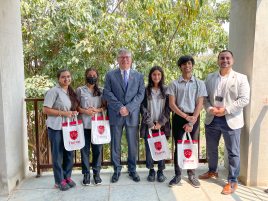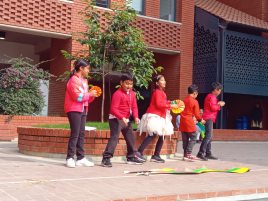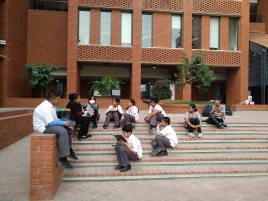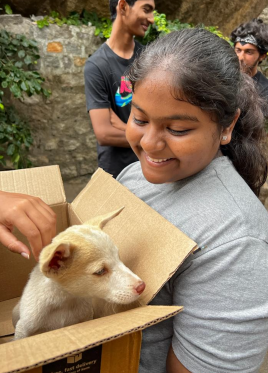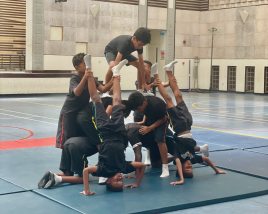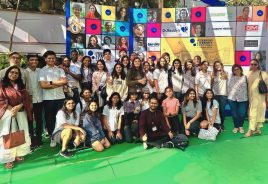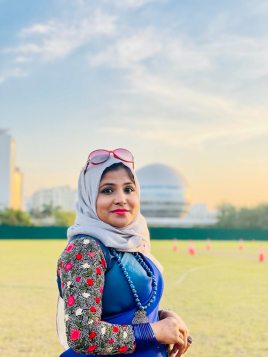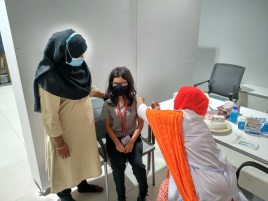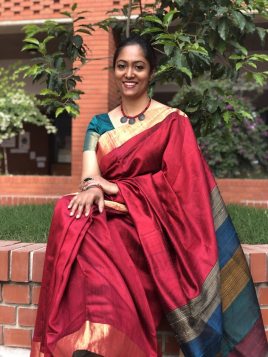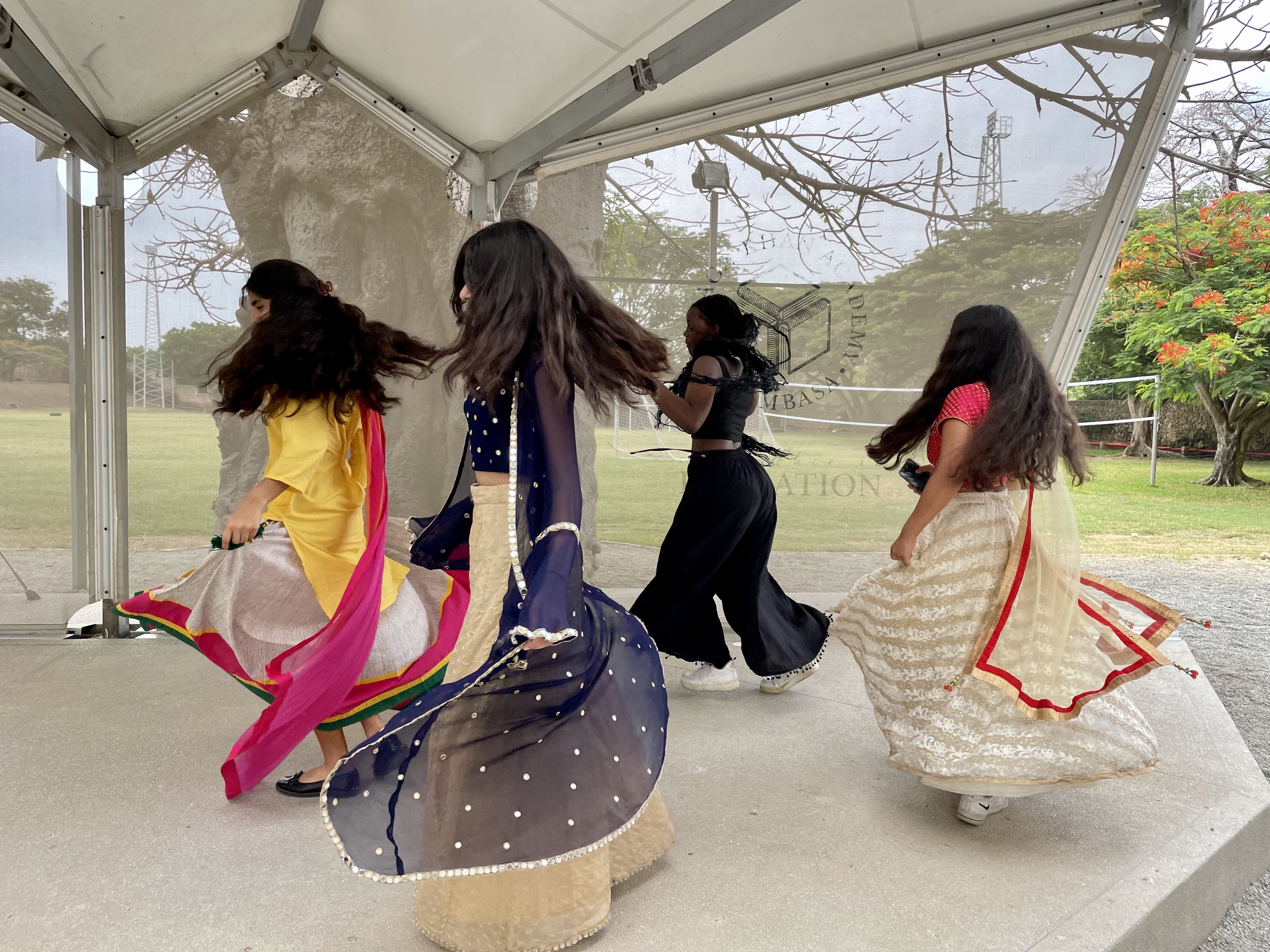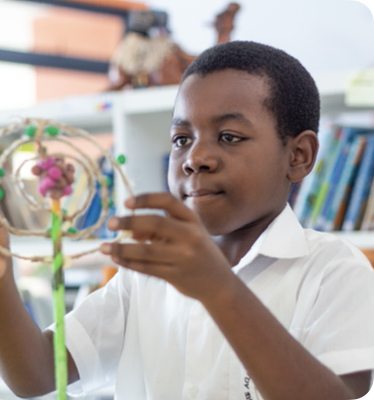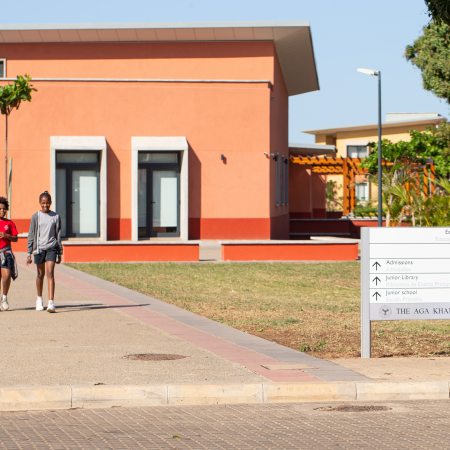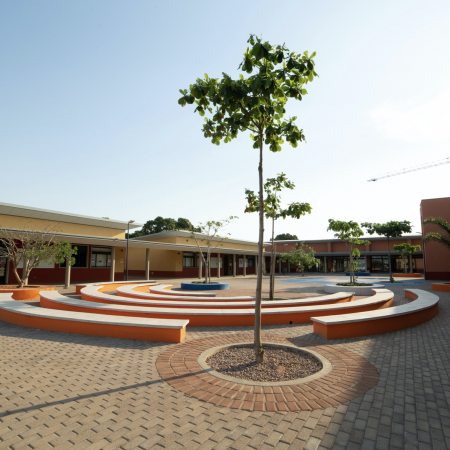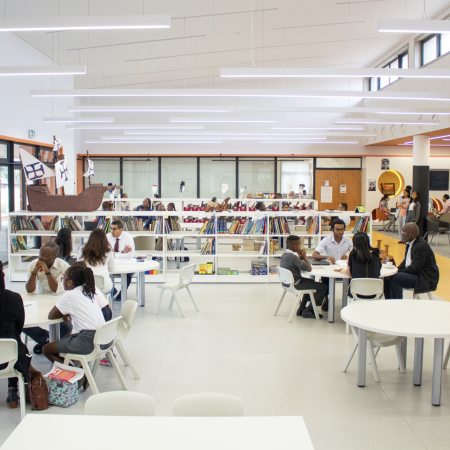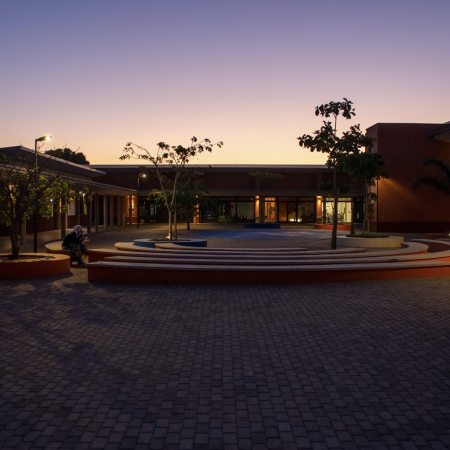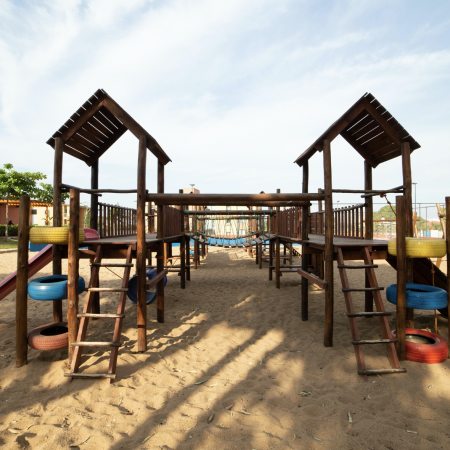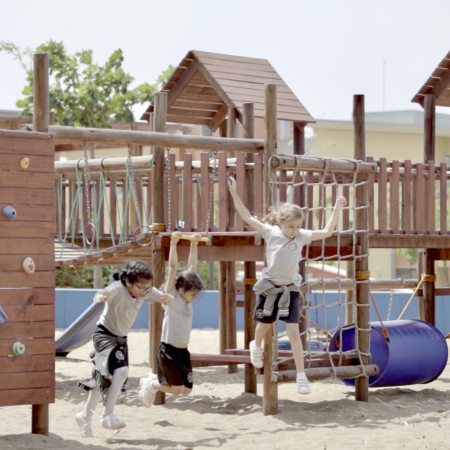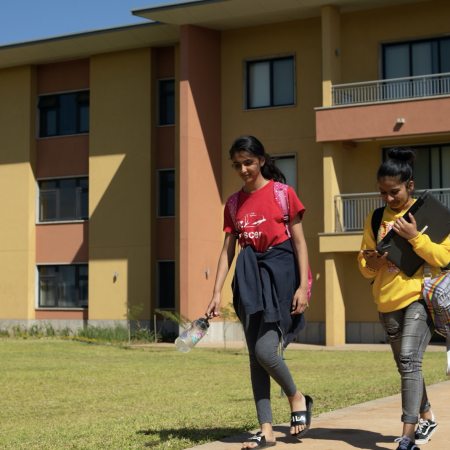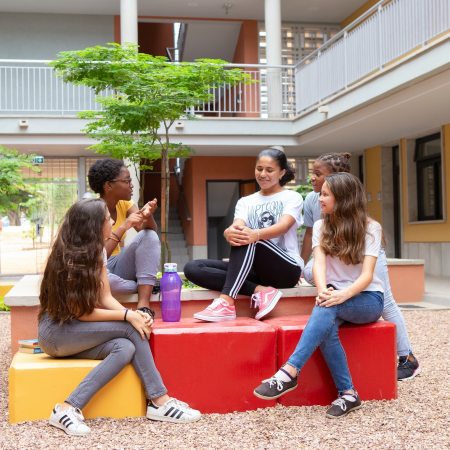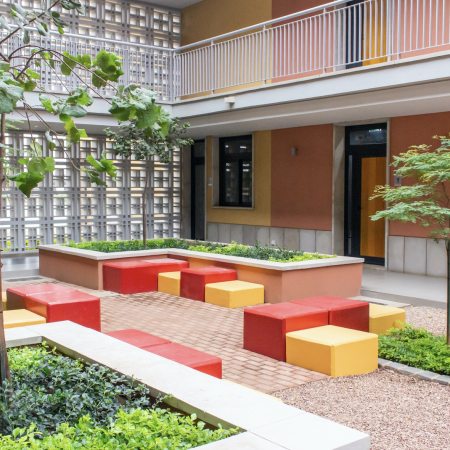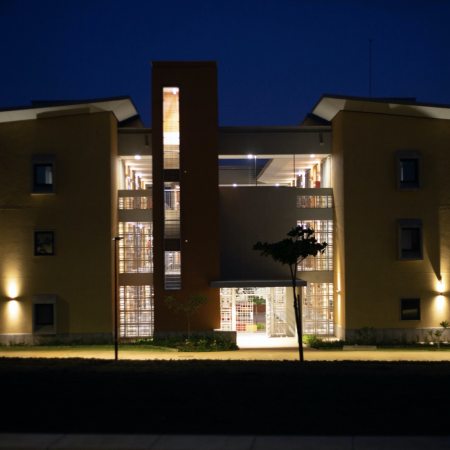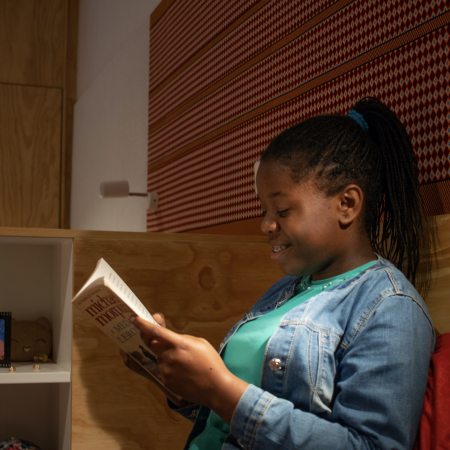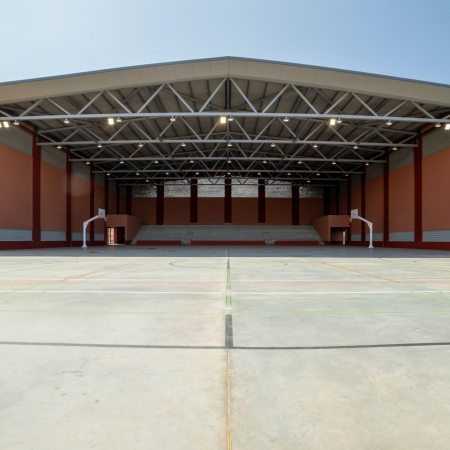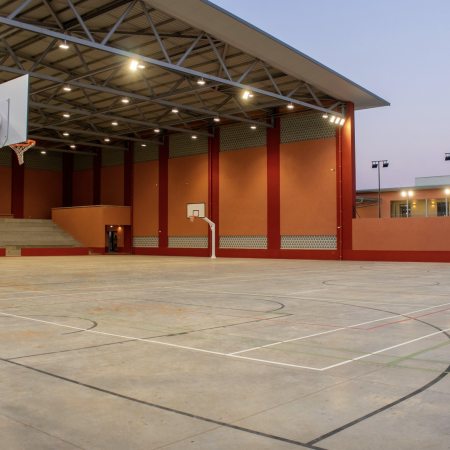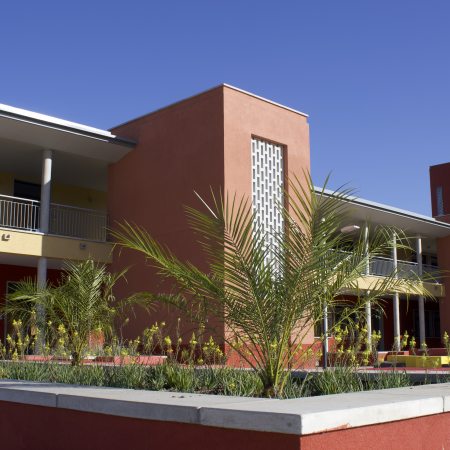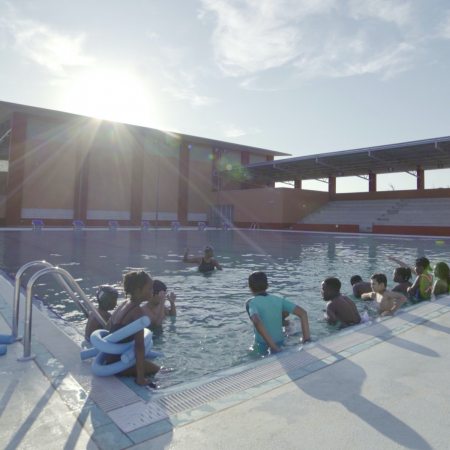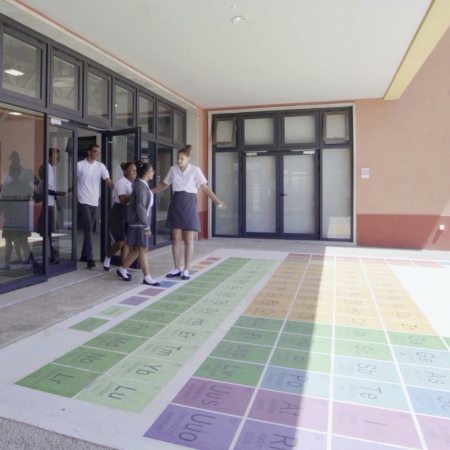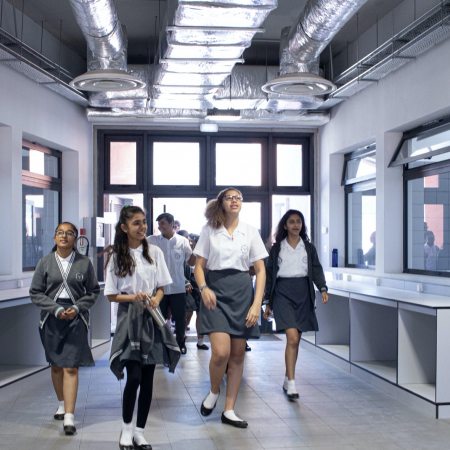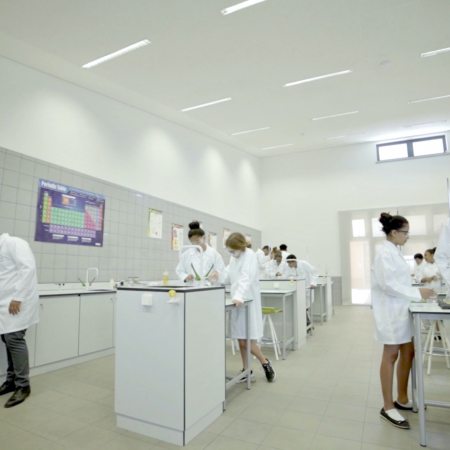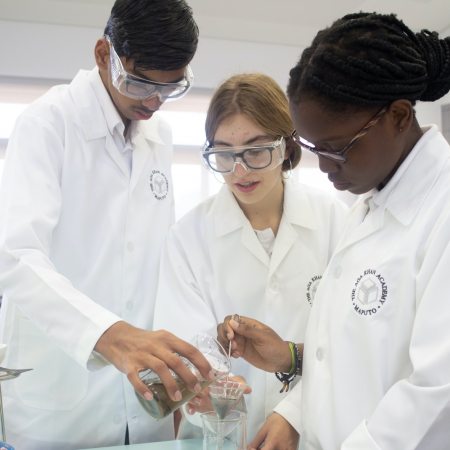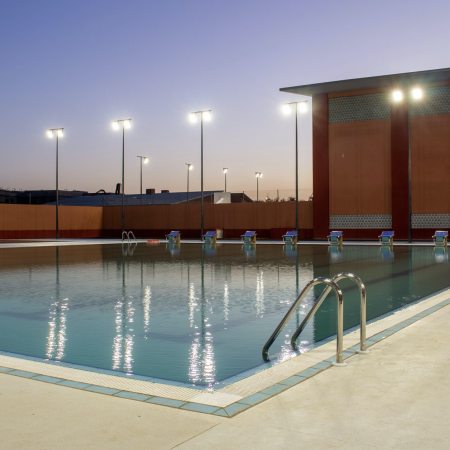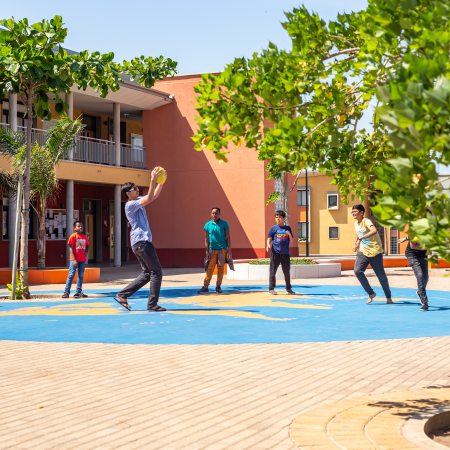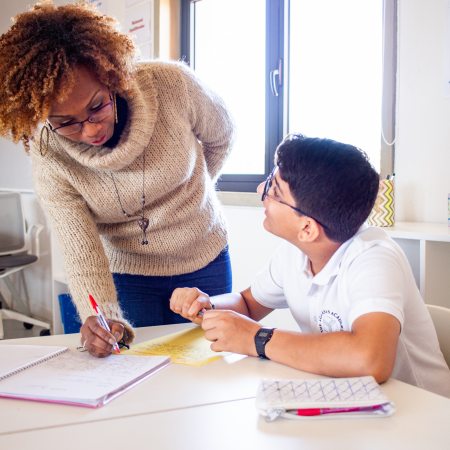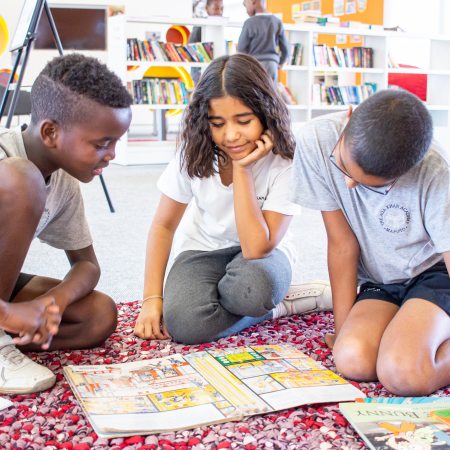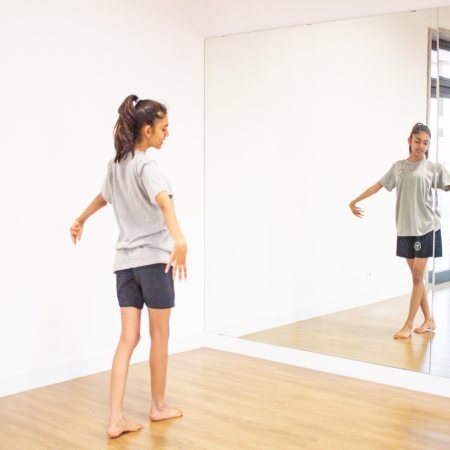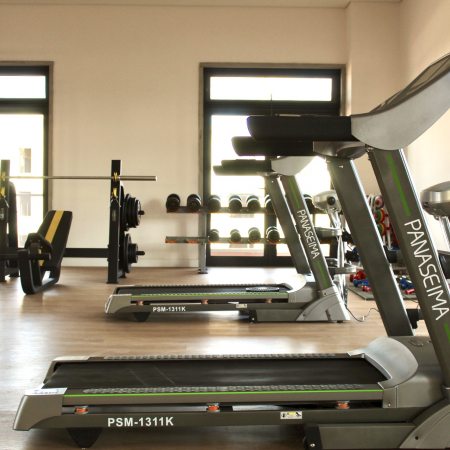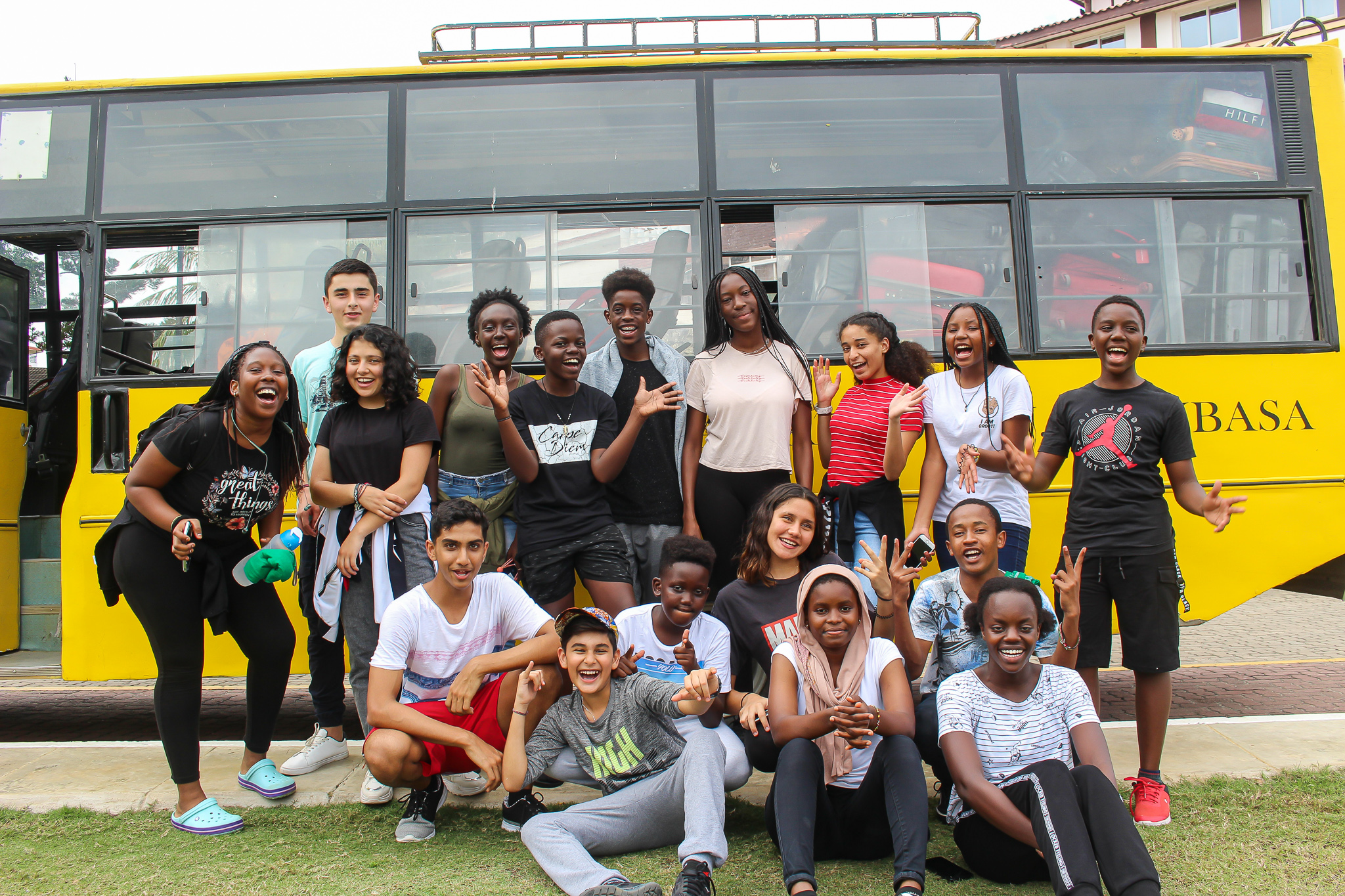Contact the Aga Khan Academy Maputo

Contact Us
The Aga Khan Academy Maputo
Av. do Zimbabué, 212, Matola “A”
Maputo, Moçambique
Telephone:
- Academy reception: (+258) 853 016 339
- Junior School secretary: (+258) 853 036 210
- Senior School secretary: (+258) 845 306 375
Email:
- Admissions: admissions.maputo@agakhanacademies.org
- Junior School secretary: js.secretary.maputo@agakhanacademies.org
- Senior School secretary: ss.secretary.maputo@agakhancademies.org
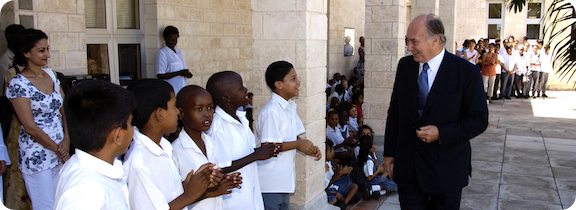
Vision
The outlook and educational perspectives of the Aga Khan Academies are based on the vision of His Highness the Aga Khan. His vision looks to education of the highest quality that can prepare young people to lead and enact positive change in the world they inhabit.
The text below outlines His Highness' vision for the Aga Khan Academies.
A time of change
"We live in a time of rapid change — change that is often unpredictable and not always positive. My experience with development, as an observer and a practitioner, has led me to the conclusion that the best way to manage change, whether positive or negative, is to prepare for it and that there is no greater form of preparation for change than investments in education. These investments must focus, of course, on teachers of the highest quality — teachers who are creative and committed to their own life-long learning and self-improvement. It also means investments in facilities that provide an environment conducive to the less tangible but equally important elements of an education — self-esteem, leadership, tolerance, ethical judgment and moral reasoning."
What does it mean to be educated?
“However, as educators and parents have begun to make these investments, they are revisiting the age-old question: What does it mean to be an educated person? Many have come to realise that education must prepare students not only for the job market, but also for life.
From Zanzibar's madrassas to Britain's public schools, from American university preparatory academies to government schools in Pakistan, there is a realisation that education must equip students with more than a narrowly focused curriculum based on reading, writing and mathematics. It must expose students to a broad and meaningful study of the humanities, including science, music and art. The teaching of history and world civilisations must be more broadly representative of the world's entire heritage than it has in the past. This is especially true in regard to Islamic civilisations, which have been misrepresented or ignored despite their vital contributions in a wide range of spheres, from science to architecture.
Education must include mastery of more than one language and an ability to communicate effectively in those languages. In the face of the most rapid advances in technology in history, education also must teach students how to master information technologies. These skills now form a critical part of the learning process, as well as essential qualifications for application in the workplace, but even these elements are not enough."
Preparing children for life
“An education must equip students with the tools that enable them to adapt and thrive, in a world characterised by change. In such an environment, technical proficiency is not enough. Education that prepares children for life must go beyond fundamental skills to stimulate creativity, intellectual curiosity and honest inquiry. Advancement and development, both personal and societal, are dependant on these elements. Innovation and progress arise from the ability to approach a challenge in a new way and offer a solution."
A pluralistic outlook
“Education must also make the case for a pluralistic tradition in which other views, ethnicities, religions and perspectives are valued not only because that is just and good, but also because pluralism is the climate best suited for creativity, curiosity and inquiry to thrive. It must also stimulate students to consider a variety of perspectives on some of the fundamental questions posed by the human condition: 'What is truth?' 'What is reality?' and 'What are my duties to my fellow man, to my country and to God?' At the same time, education must reinforce the foundations of identity in such a way as to reinvigorate and strengthen them so that they can withstand the shock of change."
The most important measure of an education
“What students know is therefore no longer the most important measure of an education. The true test is the ability of students and graduates to engage with what they do not know and to work out a solution. They must also be able to reach conclusions that constitute the basis for informed judgements. The ability to make judgements that are grounded in solid information and employ careful analysis, should be one of the most important goals for any educational endeavour. As students develop this capability, they can begin to grapple with the most important and difficult step: to learn to place such judgements in an ethical framework.
“For all these reasons, there is no better investment that individuals, parents and the nation can make than an investment in education of the highest possible quality. Such investments are reflected and endure, in the formation of the kind of social conscience that our world so desperately needs."
His Highness the Aga Khan
Access the biography of His Highness the Aga Khan on the Aga Khan Development Network website.
Open Session
23 Oct at the Aga Khan Academy Maputo.
Campus Photo Gallery
The Aga Khan Academy Maputo's expansive 22-hectare campus is being purpose built to provide world-class facilities for the students and staff in Maputo, Mozambique.
Videos
The videos below provide more information about the Aga Khan Academy Maputo and the Aga Khan Academies programme.
Pages
AKA Newsletter
Click here to read the latest edition of the Aga Khan Academies newsletter
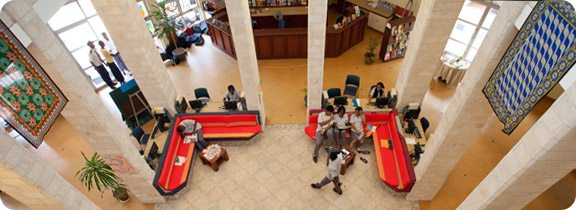
News
